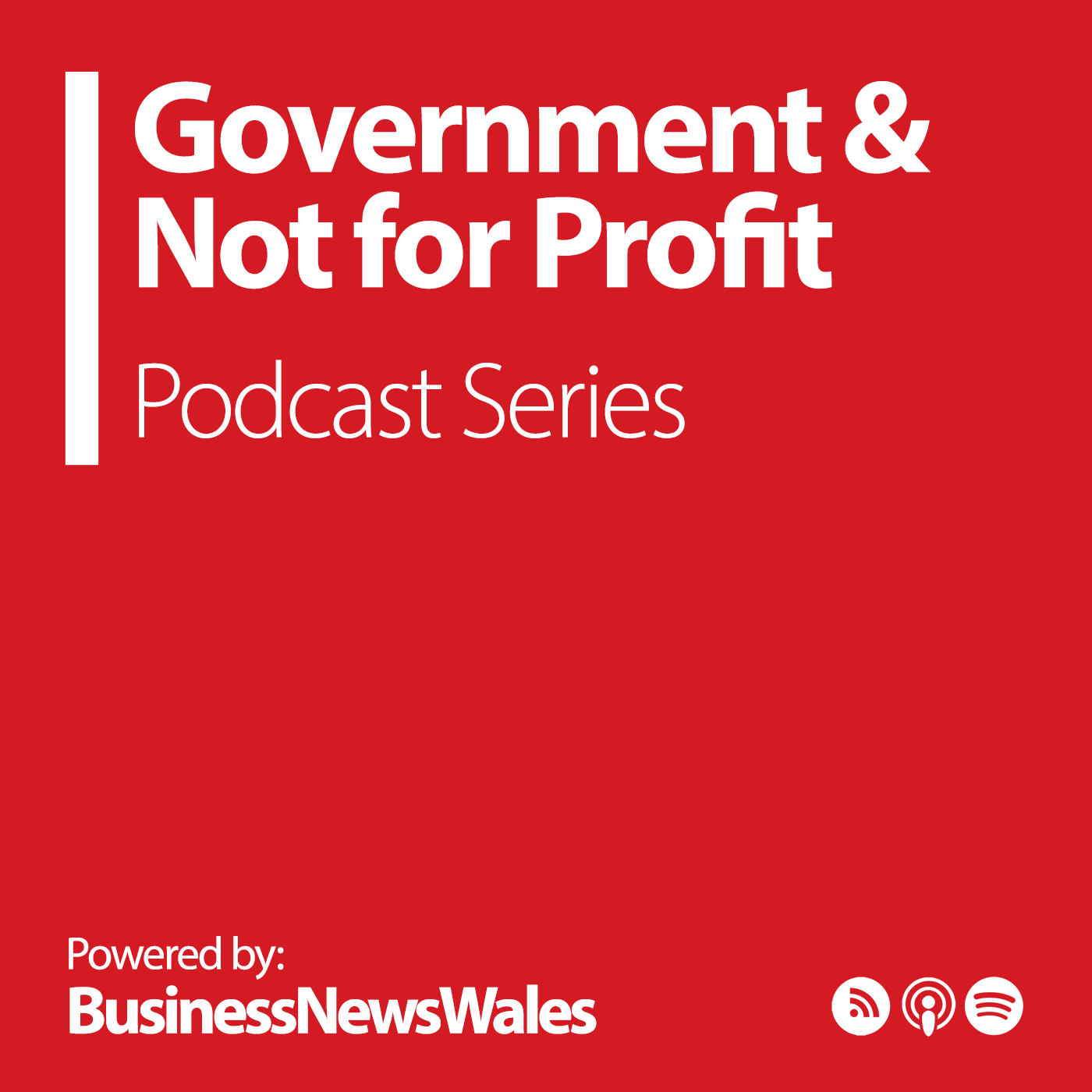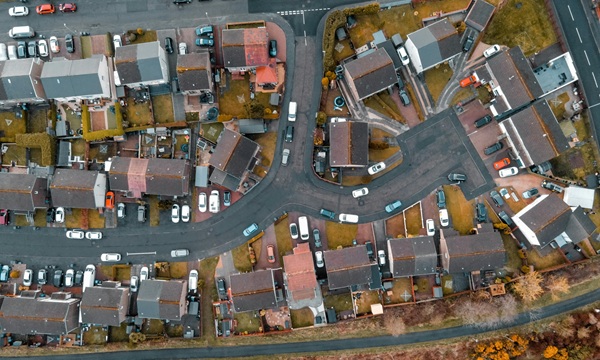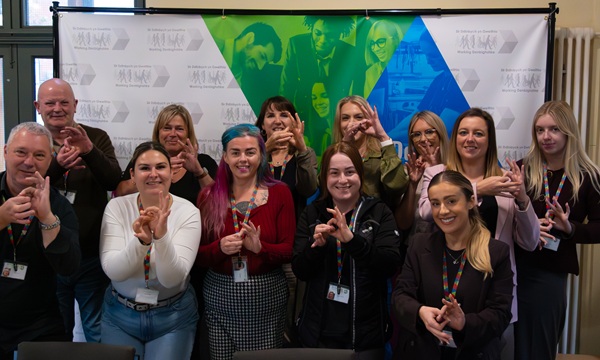
GUEST COLUMN:
Richard Dooner
Programme Manager
Welsh Local Government Association

Local government in Wales spends around £5.5 billion each year on goods and services to deliver frontline services. That spend has a direct effect on communities, whether through schools, care services, infrastructure or waste management.
The Procurement Act 2023, which came into force earlier this year, is already beginning to influence how that money is spent and how councils work with their suppliers.
At the Welsh Local Government Association (WLGA), our role is to represent councils nationally and to help them navigate these changes. The new legislation is UK-wide, but it has to align with Wales’s existing procurement framework, including the Well-being of Future Generations Act. Much of what the new rules require could already be done before, but what matters now is how we change behaviour. If we continue doing the same things under a different set of rules, we will not get the improvements we need.
Transparency is one of the key themes. Councils are working to implement the systems that underpin the Act, ensuring data is captured and shared across the commercial lifecycle. This work is not glamorous, but it is essential. Without good systems, we risk creating new layers of duplication and administration. For councils, procurement teams are small, and their time is best spent driving value into contracts rather than managing unnecessary bureaucracy. The same is true for suppliers, many of whom are smaller businesses without the resources to put unlimited time into tendering. We want to see good contractual relationships with suppliers that can deliver, not processes that drain time and energy.
Simplification is welcome, but it comes with practical challenges. Reducing barriers for small businesses and social enterprises is important, but so too is making sure compliance obligations are met. If information is centralised in digital systems, then that information must be accurate, accessible and used consistently. Otherwise, the benefits will not be realised.
Councils are also focused on the broader outcomes of procurement. The shift from awarding contracts on the basis of the “most economically advantageous tender” to the “most advantageous tender” reflects the need to consider social, environmental and community benefits alongside financial value. In Wales, this aligns closely with the Well-being of Future Generations Act, which underpins all procurement here. Progress has been slower than some would like, but there is recognition that procurement is a strategic lever for achieving wellbeing outcomes, not just a compliance exercise.
We are seeing encouraging developments. New regulations and guidance are aiming to increase direct spend with small businesses and voluntary, community and social enterprises. Councils already outperform central government in this area, with some reporting up to 35% direct spend with small businesses. That is not surprising, as our communities are built largely from those firms. But we also need to be mindful of micro-businesses working within larger supply chains. They may not contract directly with councils, but their contribution is still significant. The challenge is to use intelligence and local insight to recognise those contributions and reflect them in decision-making.
For procurement officers and suppliers alike, the risk is not simply about non-compliance. The real risk is money being spent without delivering the intended outcomes, or only achieving them in part. That is why procurement has to be seen as more than purchasing. It is about working with councils to achieve objectives for communities, considering the full value of contracts – social, local and economic – as well as financial.
Events such as Procurex Wales provide a valuable opportunity to test these ideas, share experiences and challenge assumptions. I always find it an intense experience – like espresso rather than filter coffee – with more sessions to attend than time allows. But the value lies in the conversations. For me, it is about meeting people I would not otherwise encounter in my day-to-day work, listening to their perspectives, and understanding what it is like to be on the other side of the procurement process.
Procurex is not about guaranteed outcomes for every supplier, nor should it be. But if councils can learn from suppliers, if suppliers can better understand councils, and if both can take away insights that make their jobs easier, then it is time well spent. That is what I will be looking for in Cardiff on 4 November – and what I hope others will take from the day too.
Richard talks about this and more in the Government & Not for Profit podcast. Listen here.
Procurex Wales will be held on November 4 2025 at the Utilita Arena, Cardiff. For more details and to register visit: https://procurexwales.co.uk/











